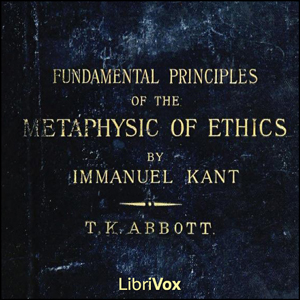- Introduction: Part One
- Introduction: Part Two
- Book One: The Calvinist Martyr I: A House Which No Longer Exists
- Book One: The Calvinist Martyr II: The Burghers
- Book One: The Calvinist Martyr III: The Chateau de Blois
- Book One: The Calvinist Martyr IV: The Queen Mother
- Book One: The Calvinist Martyr V: The Court
- Book One: The Calvinist Martyr VI: The Little Lever of Francois II
- Book One: The Calvinist Martyr VII: A Drama in a Surcoat
- Book One: The Calvinist Martyr VIII: Martyrdom
- Book One: The Calvinist Martyr IX: The Tumult at Amboise
- Book One: The Calvinist Martyr X: Cosmo Ruggiero
- Book One: The Calvinist Martyr XI: Ambroise Pare
- Book One: The Calvinist Martyr XII: The Death of Francois II
- Book One: The Calvinist Martyr XIII: Calvin
- Book One: The Calvinist Martyr XIV: Catherine in Power
- Book One: The Calvinist Martyr XIV: Compensation
- Book Two: The Secrets of the Ruggieri I: The Court under Charles IX
- Book Two: The Secrets of the Ruggieri II: Schemes against Schemes
- Book Two: The Secrets of the Ruggieri III: Marie Touchet
- Book Two: The Secrets of the Ruggieri IV: The King's Tale
- Book Two: The Secrets of the Ruggieri V: The Alchemists
- Book Three: Two Dreams
The Philosophical Studies from The Human Comedy (La Comedie Humaine) are a series of works that are intended as a reflection on history in part through the use of fiction. 'Catherine de Medici' is one such 'study', and features, alongside detailed history (and even architectural) sections, elements of the 'story' are fictionalised. In particular, this happens through dialogue that describes the feelings of the characters and what they are doing, these parts in the manner of a novel. In particular, Catherine de Medici (apparently), was depicted by historians as a bad ruler. This book is an attempt to redress that misunderstanding. Catherine de Medici is shown as one of the most powerful rulers of her day, using the intricacies of court to enact measures to improve the situation of her peoples and herself. (Summary by Reader)
There are no reviews for this eBook.
There are no comments for this eBook.
You must log in to post a comment.
Log in











